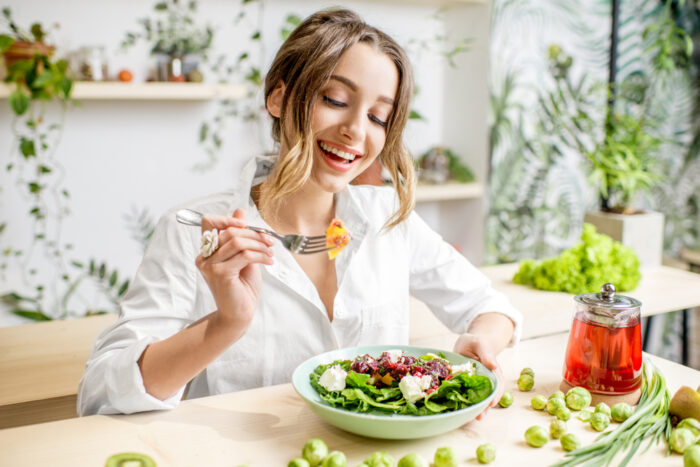Nutrition plays an important role in healing after sports related or other injuries. In many treatment schedules after such injuries, it is common to prescribe medications and physiotherapy but not many clinicians remember to refer the patient to a dietician for nutritional advice. When used in conjunction with other treatment measures, the right food will help in many ways that include:
- Faster healing
- Reduced morbidity
- Reduced complications
- Saved money
Below are some common injuries and the foods that can aid faster recovery
Ligament injuries
These are particularly common in sports persons. Overuse or direct trauma can lead to varying degrees of ligament injury. It can be a mere strain, tearing or complete cut. Whether conservative management or more aggressive intervention such as surgery is employed, nutrition and physiotherapy will help. What types of foods are good for these injuries? To answer this question, it is important to know some basics about ligaments.
What are ligaments made of?
Ligaments are made of different substances but the main one is called collagen. Collagen constitutes 75% of all the substances that makes up ligaments and tendons. Other substances include special proteins called proteoglycans and minerals such as copper, calcium and manganese.
What happens after a ligament is injured?
The tendon goes through several phases on the journey to healing. These are;
- There is usually pain and swelling
- This involves new tissue incorporation
- This is where the body shapes the tendon back to its original form.
Certain foods can help in each of these stages. With this information, it is now possible to see which foods can help in ligament injuries.
Foods that can reduce inflammation in ligament injury
Inflammation is necessary for healing. However, should it become excessive, then it can lead to other problems. Foods that can balance inflammation include:
- Turmeric
- Garlic
- Avocado
- Omega 3 fatty acids
- Pineapples contain an enzyme called bromelain which is a powerful antioxidant as well as an anti-inflammatory agent.
Avoid foods that promote inflammation. These include processed foods that usually contain many non-nutritive food additives and preservatives.
Foods that support ligament proliferation and remodeling
Proteins
New proteins building blocks are needed for the ligament repair work. Healthy fats also pay a role in this process. Good sources of proteins include:
- Eggs
- Milk
- Chicken breast
- Lentils
- peanuts
- Cottage cheese
- Nuts such as almonds
Healthy fats include omega 3, coconut oil and avocado oil.
Vitamins
Vitamins help in the making of new collagen. Kale and other dark green leafy vegetables are good sources of this vitamin. Eating fruits such as oranges and others in the citrus fruits group also offer this vitamin. Vitamins C is also a powerful antioxidant and therefore important in the healing process.
Vitamin B6 and B12 promote formation of new amino acids which are needed in the making of proteins and hence new collagen. Foods rich in these vitamins include chicken peas, turkey, beef and fortified soymilk.
Minerals
Eat foods rich in minerals such as manganese, calcium, magnesium and zinc. Pumpkin seeds are good sources of zinc and manganese. Tempeh, spinach, pineapples and chia seeds are also good sources of manganese. Beef, cashew nuts and baked beans provide good amounts of the trace element zinc. Without zinc, nearly a hundred body processes, including protein synthesis, will not take place.
Calcium and magnesium rich foods are also needed for healthy collagen synthesis. Dark green-leafy vegetables and marine derived foods are good sources of the two minerals. Organ meat, cocoa and oysters, whole grains and oysters provide copper and other minerals. Copper as seen above is a part of the substances that make up collagen.
Should I take nutritional supplements when if I get ligament injury?
The preferred option is to get all your nutritional needs from the diet. If for some reason your diet is deficient in some of these nutrients, then dietary supplements may be considered. A good diet not only support quick recovery from ligament injuries but also makes strong ligaments to reduce risk of injuries in the first place.
Nutritional support and physiotherapy measures such as cold/hot therapy, massage and exercises in addition to any other medical or surgical intervention all work synergistically to promote faster recovery from ligament injuries. Successful ligament healing does not depend on focusing on a single or a few nutrients but rather on a well-balanced and wholesome diet that include fruits, vegetables, proteins and fats.







